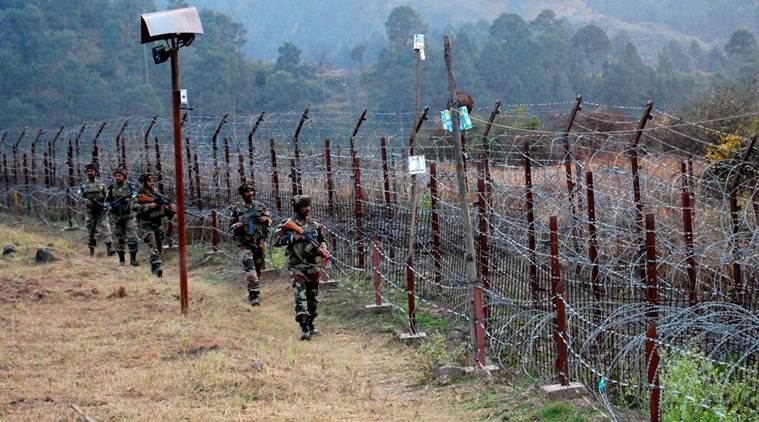India has called on Pakistan to cease cross-border terrorism, dismantle terrorist infrastructure immediately, and withdraw from the Indian territory it unlawfully occupies, specifically referring to Pakistan-occupied Jammu and Kashmir (PoJK). The occupation of PoJK has had severe and far-reaching consequences for the local population. Countless PoJK people have been forced to leave their homes, and thousands have suffered injuries or even lost their lives due to actions by Pakistani security forces. Pakistan has also been accused of systematically committing human rights violations in PoJK, which include arbitrary arrests, detentions, and cases of people disappearing without a trace.
Pakistan’s human rights record has consistently drawn sharp criticism from international human rights organisations due to its pervasive human rights violations. These violations encompass arbitrary arrests, detentions, instances of torture, extrajudicial killings, enforced disappearances, and severe restrictions on freedom of expression, association, and assembly. Pakistan’s government has largely disregarded international criticism of its human rights record and has even cracked down on human rights advocates and activists. There has been a significant surge in attacks on human rights defenders in Pakistan in recent years, prompting many activists to seek refuge outside the country.
Concerns extend to the Pakistani government’s failure to safeguard the rights of women and children. Women and girls in Pakistan encounter discrimination and violence across various aspects of life, spanning from their homes to workplaces and public spaces. Child labour remains a widespread issue, with millions of children compelled to work in perilous and exploitative conditions. Religious minorities in Pakistan are often subjected to discrimination and violence. The country has a long history of religious and ethnic intolerance, and minorities are often seen as targets for persecution. The most common forms of violence against minorities in Pakistan are forced conversions, kidnappings, murders, and attacks on places of worship. Minorities are also often denied access to education, employment, and other necessities. Furthermore, the Pakistani government has faced accusations of employing blasphemy laws to suppress dissent and persecute minority communities. Recent years have witnessed a notable rise in blasphemy cases registered in Pakistan, with many individuals receiving death sentences on charges of blasphemy.
India has expressed repeated concern over the continued protection and lack of punishment for the key conspirators and planners behind the 26/11 Mumbai terror attacks sheltered in Pakistan. India emphasised its deep understanding of the devastating impact of terrorism, especially since it has faced the brunt of terrorism since the 1980s. Despite presenting numerous dossiers over the years and various Indian governments tirelessly pursuing justice for these attacks, Pakistan refuses to act against these terrorists as it is their state policy to support and nurture terrorist groups for low-intensity conflicts in India.
The terms “terrorism” and “Pakistan” have become closely associated, as many acts of terrorism around the world are traced back to origins in Pakistan. Several government-supported terrorist groups, often marked by their sectarian affiliations, are operating within and outside Pakistan. Despite changes in their names, they adhere to the same extremist ideology, with strong connections between Pakistan’s civilian government, army, and ISI. Factually, Pakistan should be categorised as a “High-Risk Jurisdiction” category (Black List) by the Financial Action Task Force (FATF) due to its consistent involvement in supporting both terrorist financing and money laundering.
Parroting Kashmir at international forums repeatedly is of no use, as Pakistan lacks international support for its repeated atrocious actions and is currently considered a pariah state. India has rightly urged Pakistan to take three immediate actions: halt cross-border terrorism and dismantle terror infrastructure; vacate Indian territory under its illegal control; and stop grave and persistent human rights violations against minorities.
Trending Now
E-Paper


